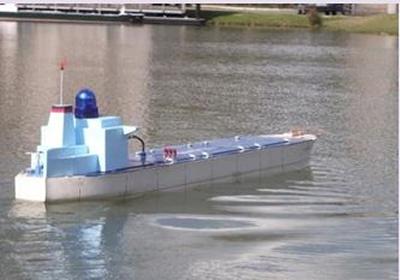Research project: Assessment of the effectiveness of fuel cell as an alternative technology for marine propulsion systems
Energy efficiency of ship propulsion system gains a significant interest in order to face the rise in fuel prices and to reduce the environmental impact of ship operation. Using simulation, fuel cell will be investigated in this project as an alternative power source for ships.
